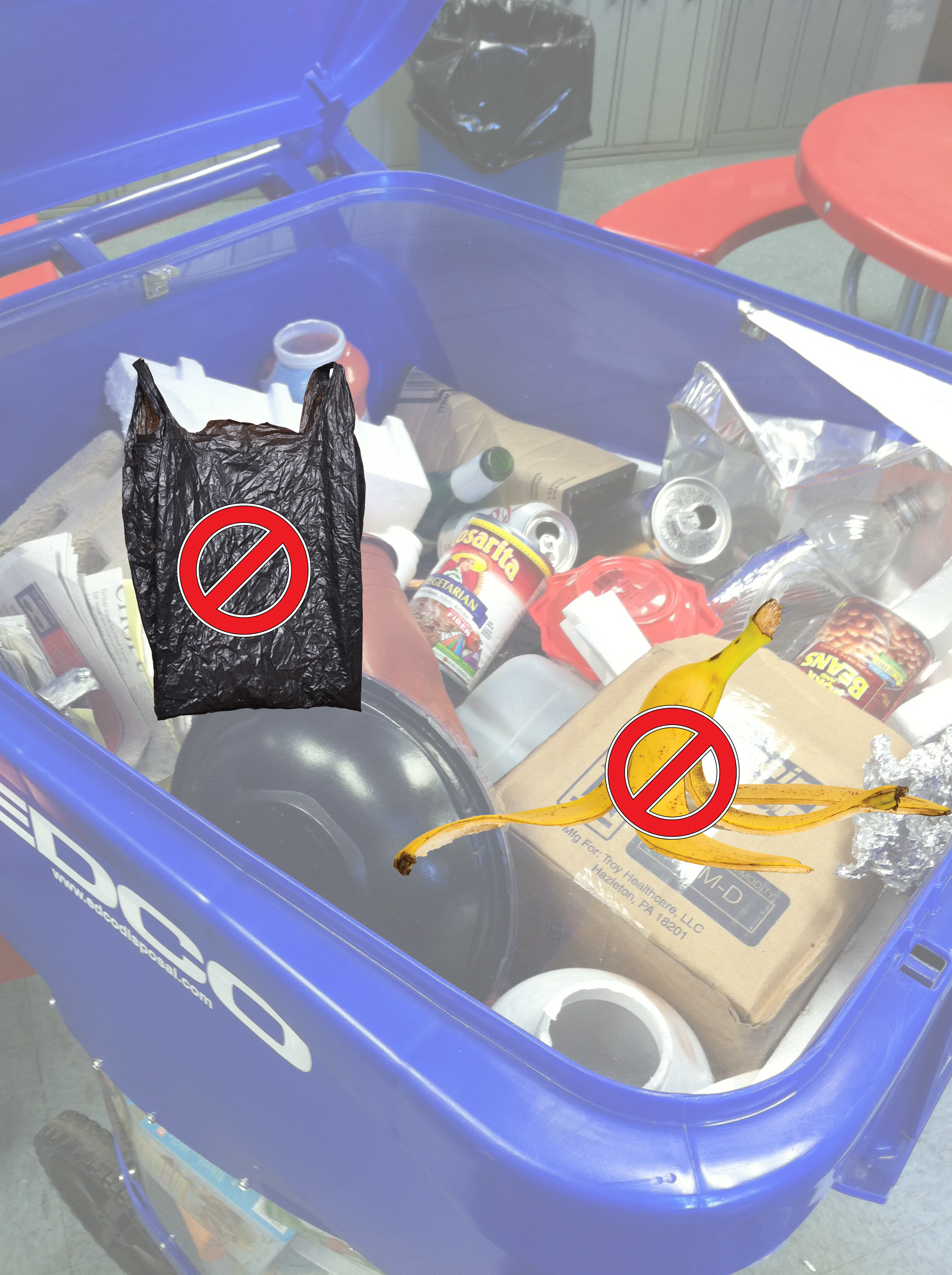Commercial Services

EDCO offers recycling programs that allow your employees and/or tenants to collect a variety of recyclable materials. To ensure program success, your Service Representative can provide bilingual educational materials to support your program.
| Please DO NOT recycle: | |
|---|---|
|
|
How much paper and cardboard is your business tossing into its trash container?
An average office worker can dispose of 1/2 pound of waste daily. Use the following equation to see how much paper you could be recycling:
___ number of employees x 0.5 lbs. of paper per day x 240 working days ÷ 2000
= ___ tons of paper your company discards annually
Global Recycling Crisis Puts Greater Focus on Recycling Contamination

Over recent years, there have been global concerns over the quality of recyclable materials, and these expectations are not going away.
China no longer accepts 26 types of recyclable materials into their country. Nearly 60% of recyclable materials generated in California are currently exported to China and other Asian markets. As a result, processing mills worldwide demand that recycling facilities ship only recyclables with less than one percent contamination, a significant change in material requirement standards. A minimal amount of contamination, such as garbage, green waste, or other debris, can ruin a complete load of recyclable material. The quality of recyclable material can impact your costs should contamination require recycling to be dumped as trash.
Please help us prevent and reduce contamination of recyclable material by reviewing the guidelines above and seeing what materials are accepted in our residential recycling program.
Additional Recycling Resources
Additional recycling resources, including videos, guides, and mandates, can be found in our Resource Center.
Your Service Area
You are currently viewing services for La Mirada. Enter a zip code to if you want to switch to another location.
